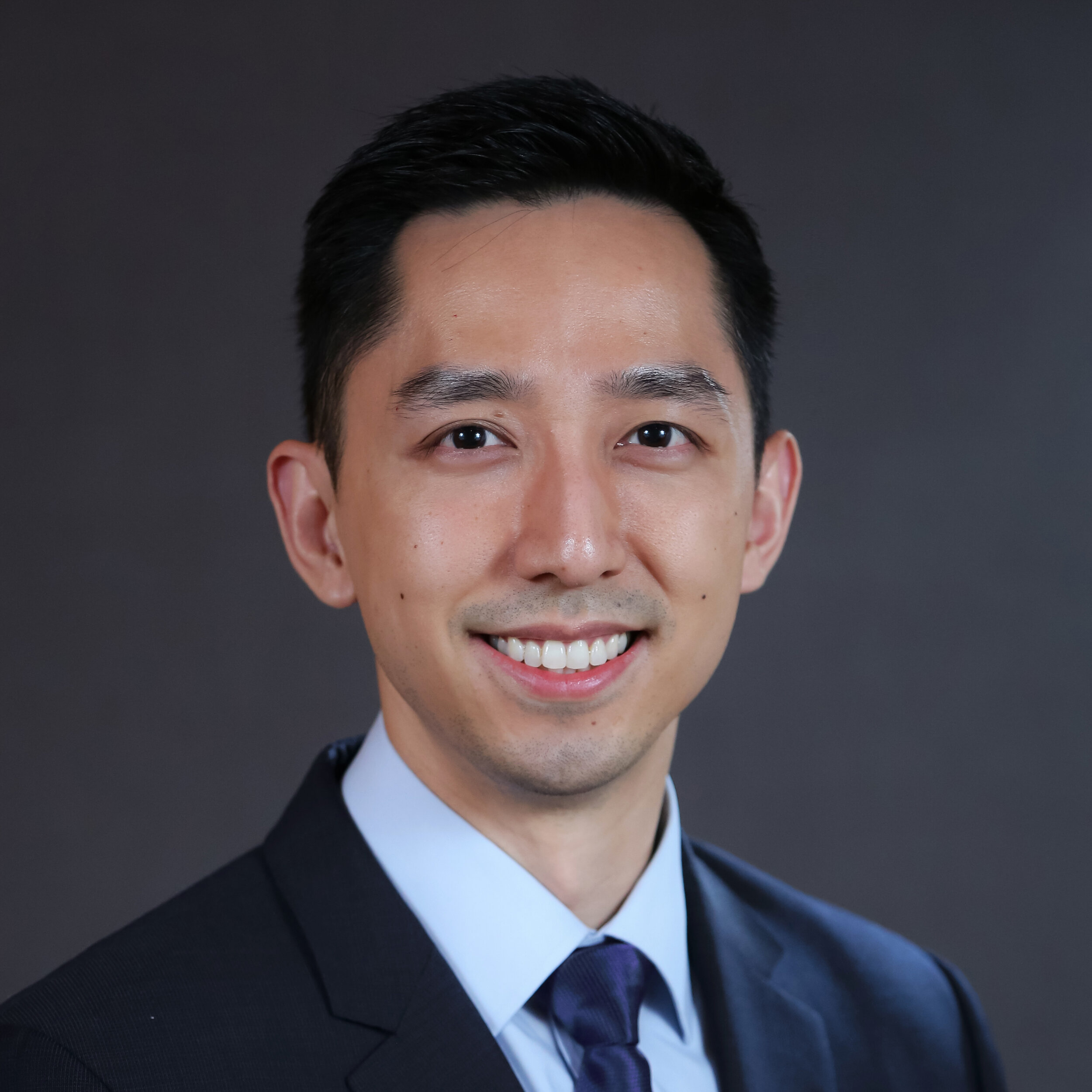Authors
Venkat Boddapati, BA, Michael C. Fu, MD, MHS, William W. Schairer, MD, Anil S. Ranawat, MD, David M. Dines, MD, Samuel A. Taylor, MD, Joshua S. Dines, MD
Journal
Abstract
Purpose
The purpose of this study was to characterize the rates of short-term postoperative complications, readmissions, and overnight hospital stays as a function of shoulder arthroscopy procedure time. A secondary aim of this current study was to identify baseline patient risk factors for adverse outcomes.
Methods
This study used the American College of Surgeons National Surgical Quality Improvement Program registry from 2012 to 2015. Shoulder arthroscopy cases were categorized based on operative time, either <45 minutes, between 45 and 90 minutes, or >90 minutes. The rates of 30-day postoperative complications, readmissions, and overnight hospital stays were compared with bivariate and multivariate analysis.
Results
In total, 33,095 shoulder arthroscopy procedures were identified. Of these, 7,027 (21.2%) were <45 minutes, 16,610 (50.2%) were between 45 and 90 minutes, and 9,458 (28.6%) were >90 minutes. Multivariate analysis identified increased the risk of superficial surgical site infections (SSIs) for procedures lasting between 45 and 90 minutes (odds ratio [OR] = 3.63; P = .036) and for procedures >90 minutes (OR = 4.40; P = .019), compared with procedures <45 minutes. Furthermore, there was an increased risk of overnight hospital stay for patients who had a shoulder arthroscopy lasting between 45 and 90 minutes (OR = 1.33) and >90 minutes (OR = 2.14), compared with procedures <45 minutes. A body mass index >30 kg/m 2 was an independent predictor of both overnight hospital stay and superficial SSI ( P = .020). Age >60, female gender, American Society of Anesthesiologists class ≥3, and a history of diabetes mellitus, hypertension, or chronic obstructive pulmonary disease were additional predictors of overnight hospital stay ( P < .001 for all comparisons, unless otherwise noted).
Conclusions
Increased shoulder arthroscopy procedure time is associated with adverse short-term outcomes, particularly superficial SSI and overnight hospital stay. This information may be useful for patient counseling and postoperative risk stratification, as operative time is an easily measured surrogate for surgical complexity or difficulty.
Level of Evidence
Retrospective cohort study, Level III.
About the Author
Dr. Michael Fu is an orthopedic surgeon and shoulder specialist at the Hospital for Special Surgery (HSS), the best hospital for orthopedics as ranked by U.S. News & World Report. Dr. Fu treats the entire spectrum of shoulder conditions, including rotator cuff tears, shoulder instability, and shoulder arthritis. Dr. Fu was educated at Columbia University and Yale School of Medicine, followed by orthopedic surgery residency at HSS and sports medicine & shoulder surgery fellowship at Rush University Medical Center in Chicago. He has been a team physician for the Chicago Bulls, Chicago White Sox, DePaul University, and NYC’s PSAL.
Disclaimer: All materials presented on this website are the opinions of Dr. Michael Fu and any guest writers, and should not be construed as medical advice. Each patient’s specific condition is different, and a comprehensive medical assessment requires a full medical history, physical exam, and review of diagnostic imaging. If you would like to seek the opinion of Dr. Michael Fu for your specific case, we recommend contacting our office to make an appointment.

